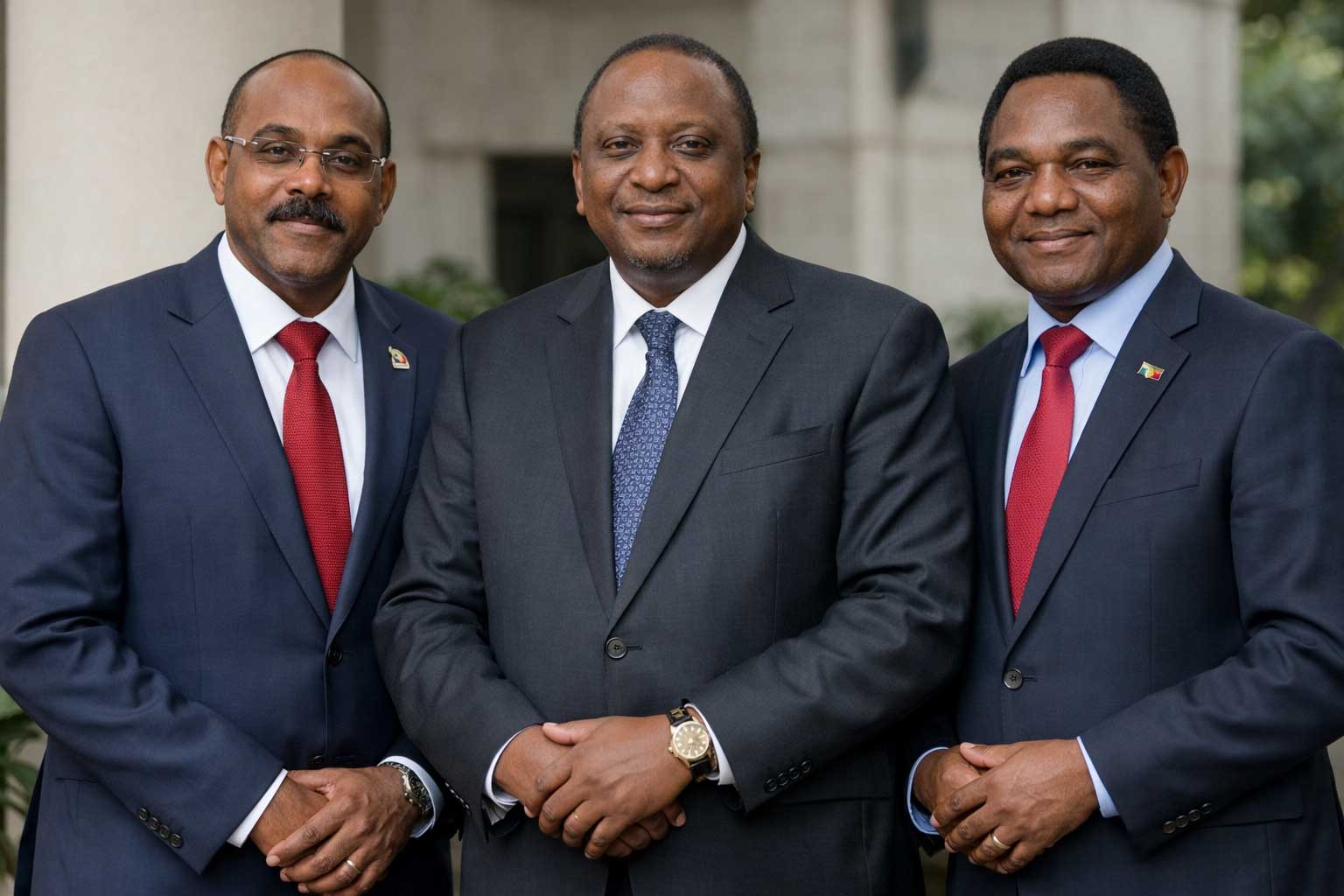The Kenyan leader, William Ruto, has declared intentions to construct a sizeable church at the State House in Nairobi, asserting that he will fund the project personally and expresses no remorse for his decision. The church is reported to cost approximately $9 million and have a seating capacity of 8,000, according to architectural plans published by the Daily Nation newspaper. Ruto's comments have sparked outrage among a populace already disgruntled with his governance style and perceived favoritism toward the Christian faith.
"Our constitution is secular, and this project could be viewed as a blend between religion and the state," commented a representative from the Atheists Society of Kenya, which has threatened legal action to halt the project, calling it a form of Christian nationalism.
As Ruto persisted, stating he inherited a rudimentary church made of iron sheets and that the existing structure was unfit for a presidential estate, critics have raised questions about the government's priorities at a time when many Kenyans face economic challenges.
While about 85% of the population identifies as Christian, there exists a substantial Muslim community and adherents of other faiths. Nairobi's Catholic Archbishop has echoed concerns over the implications of constructing a church at a public institution, suggesting that unless the building is a non-denominational chaplaincy, it risks favoring one faith over others.
This initiative is particularly provocative considering Ruto's background as Kenya’s first evangelical Christian president, a title that has often intertwined his public persona with religious undertones. He had previously established a church at his government residence when he served as deputy president, fostering relations with various religious leaders.
As the debate unfolds, Ruto maintains that nothing will deter him from fulfilling this vision—standing firm against what he perceives as opposition from those who may challenge his commitment to his faith.
"Our constitution is secular, and this project could be viewed as a blend between religion and the state," commented a representative from the Atheists Society of Kenya, which has threatened legal action to halt the project, calling it a form of Christian nationalism.
As Ruto persisted, stating he inherited a rudimentary church made of iron sheets and that the existing structure was unfit for a presidential estate, critics have raised questions about the government's priorities at a time when many Kenyans face economic challenges.
While about 85% of the population identifies as Christian, there exists a substantial Muslim community and adherents of other faiths. Nairobi's Catholic Archbishop has echoed concerns over the implications of constructing a church at a public institution, suggesting that unless the building is a non-denominational chaplaincy, it risks favoring one faith over others.
This initiative is particularly provocative considering Ruto's background as Kenya’s first evangelical Christian president, a title that has often intertwined his public persona with religious undertones. He had previously established a church at his government residence when he served as deputy president, fostering relations with various religious leaders.
As the debate unfolds, Ruto maintains that nothing will deter him from fulfilling this vision—standing firm against what he perceives as opposition from those who may challenge his commitment to his faith.


















